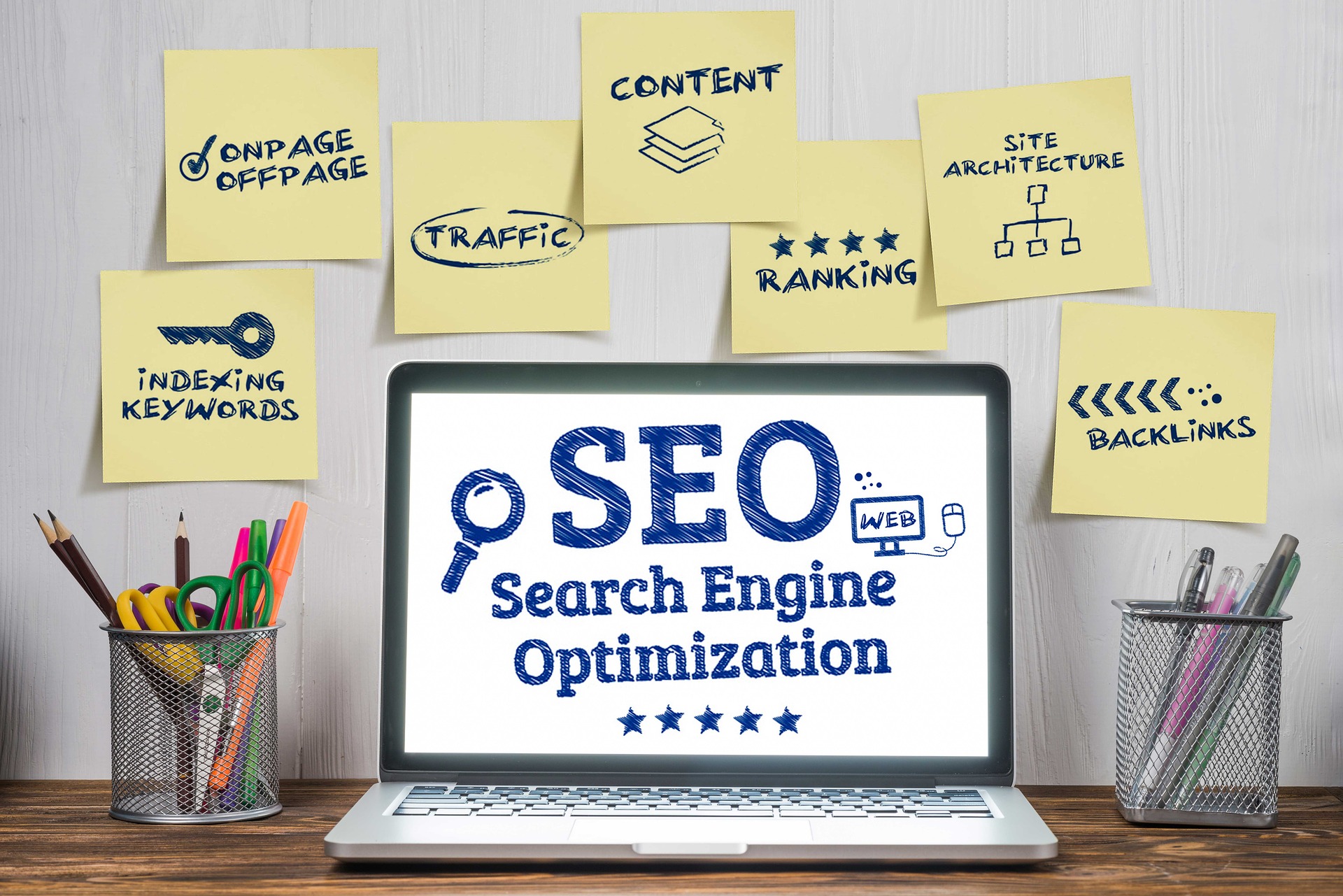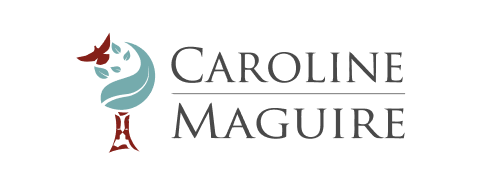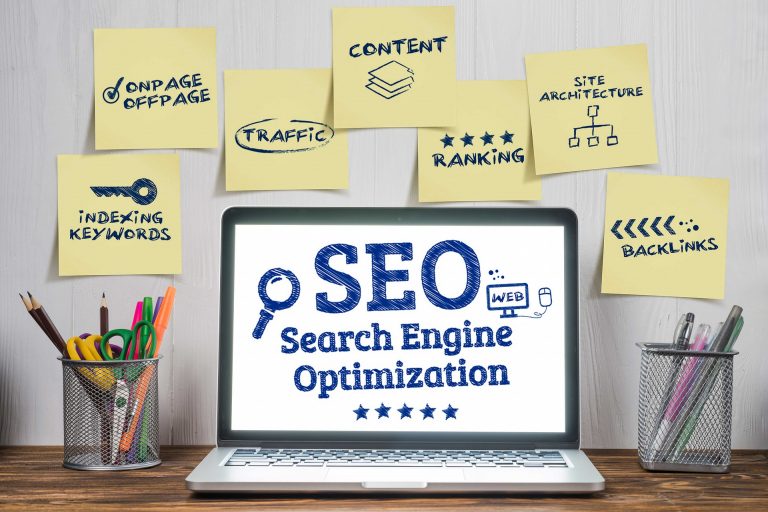Search Engine Optimization (SEO) is a vital component of a museum’s digital strategy, ensuring that its collections, exhibits, and cultural offerings are discoverable by a global audience. Effective SEO practices can enhance a museum’s online visibility, increase website traffic, and attract more visitors, both online and in person. This guide outlines the key SEO strategies tailored for museums, emphasizing content optimization, local SEO, and performance tracking.
The Importance of SEO for Museums
SEO provides several advantages for museums:
- Global Reach: SEO allows museums to reach a worldwide audience, ensuring that their cultural treasures are accessible to people from all corners of the globe.
- Increased Web Traffic: Higher search engine rankings drive more organic traffic to the museum’s website, increasing awareness and interest in its exhibits and collections.
Content Optimization
Optimizing content is at the core of effective SEO:
- Keyword Research: Identify relevant keywords related to your museum’s exhibits, collections, and themes. Include these keywords naturally in your content.
- Compelling Meta Descriptions: Craft enticing meta descriptions for each page to encourage click-throughs from search engine results pages (SERPs).
Local SEO for Museums
Local SEO is essential for attracting visitors to the museum:
- Google My Business: Claim and optimize your Google My Business listing, ensuring accurate information, including address, phone number, and hours of operation.
- Local Citations: Ensure that your museum’s name, address, and phone number (NAP) are consistent across online directories and listings.
Informative and Engaging Content
Engaging content keeps visitors interested and informed:
- Blog Posts: Regularly publish blog posts about your exhibits, collections, and museum-related topics, incorporating relevant keywords.
- Virtual Tours: Offer virtual tours and interactive experiences to engage online visitors and provide a taste of the museum experience.
Performance Tracking and Adaptation
Regularly assess your SEO efforts and adjust as needed:
- Google Analytics: Use Google Analytics to track website traffic, user behavior, and key performance metrics.
- Keyword Monitoring: Monitor keyword rankings and adapt your SEO strategy based on changing search trends.
Effective SEO allows museums to connect with a diverse and global audience, making their cultural treasures accessible to people from all walks of life. By implementing these strategies, museums can enhance their online presence and fulfill their mission of educating, inspiring, and enriching the lives of visitors.
















